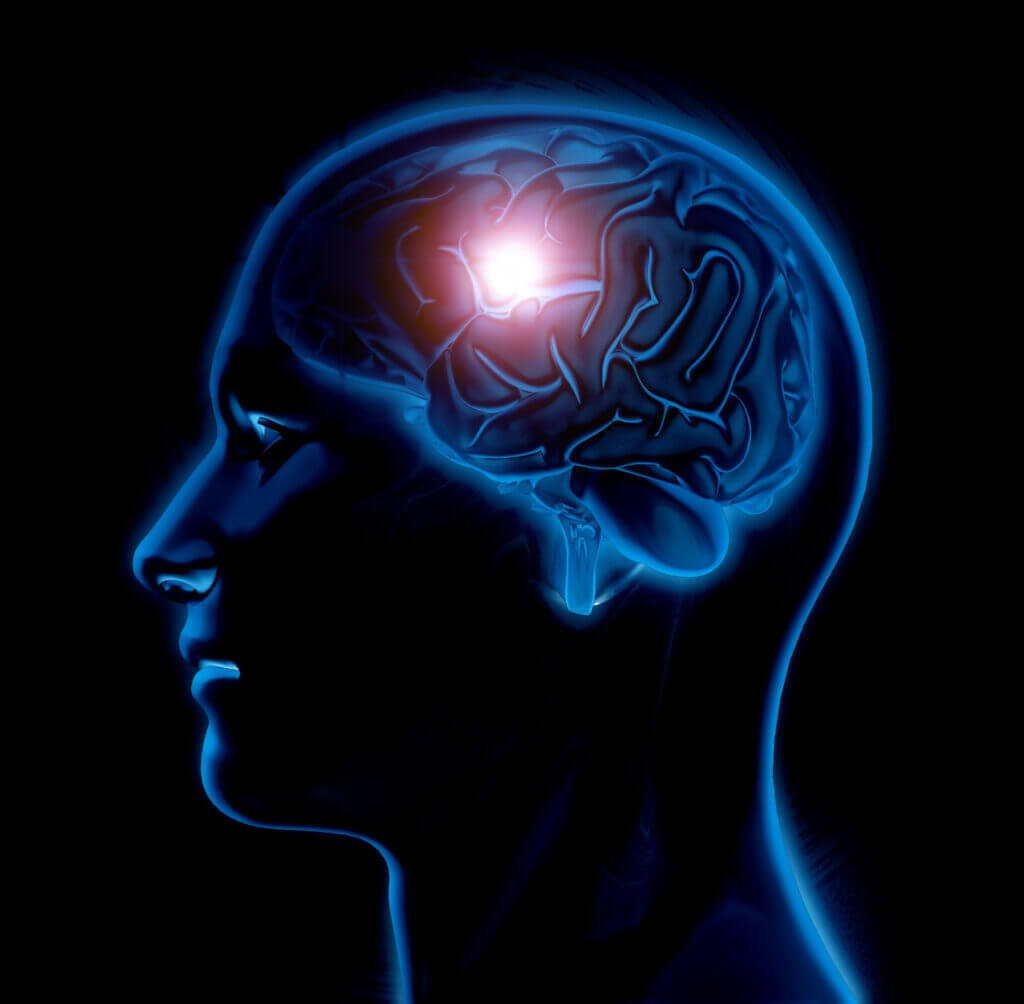
Brainspotting is a groundbreaking therapeutic approach developed by Dr. David Grand that helps individuals access and resolve trauma, emotional distress, and other deeply held experiences. Unlike traditional talk therapy, Brainspotting works by using eye positions, or “brainspots,” to tap into the brain’s natural self-healing abilities. This method allows clients to process and release trauma that is often stored in parts of the brain that are difficult to reach through conversation alone.
How Does Brainspotting Work?
Brainspotting operates on the principle that “where you look affects how you feel.” During a session, the therapist guides the client to specific eye positions that correlate with areas of distress. By maintaining focus on these brainspots, the brain is able to access and release emotions and trauma stored at a deeper level. This technique activates the brain’s self-healing mechanisms, helping individuals find relief and clarity.
Who Can Benefit from Brainspotting?
Brainspotting is an effective approach for those dealing with trauma, anxiety, depression, and other forms of emotional distress. It is also beneficial for individuals who experience creative blocks or performance anxiety, as it enables a deeper connection to underlying emotions. Athletes, artists, and professionals have used Brainspotting to enhance their performance by releasing mental and emotional barriers.
What to Expect in a Brainspotting Session
A Brainspotting session is typically conducted in a calm, supportive environment. The therapist will work with you to identify specific areas of distress and use guided eye movements to locate the brainspots associated with these feelings. Sessions are tailored to each individual’s pace, ensuring that you feel safe and supported throughout the process.
The Benefits of Brainspotting
Brainspotting offers several key benefits for those seeking healing and personal growth:
Access to Deep-Seated Trauma
Reach areas of the brain that store traumatic memories, allowing for effective processing and release.
Improved Emotional Regulation
Move from distress to a state of calm, fostering a greater sense of control and balance.
Enhanced Creativity and Performance
Break through mental blocks that can limit creative potential or performance.
Reduction of Stress and Anxiety
Address underlying causes of stress and anxiety for a clearer, more relaxed mind.
Conclusion
Brainspotting is a powerful tool for those seeking relief from trauma and a path to deeper personal growth. By accessing parts of the brain often untouched by traditional therapies, it opens the door to transformative healing. If you’re interested in learning more about how Brainspotting could support your journey, feel free to reach out for a consultation.





